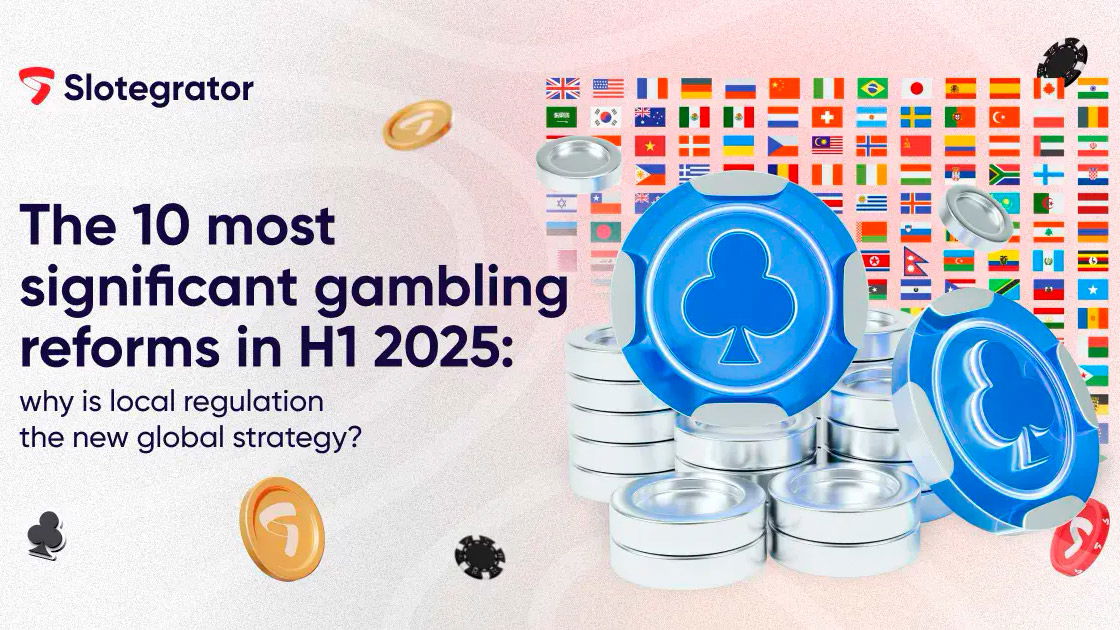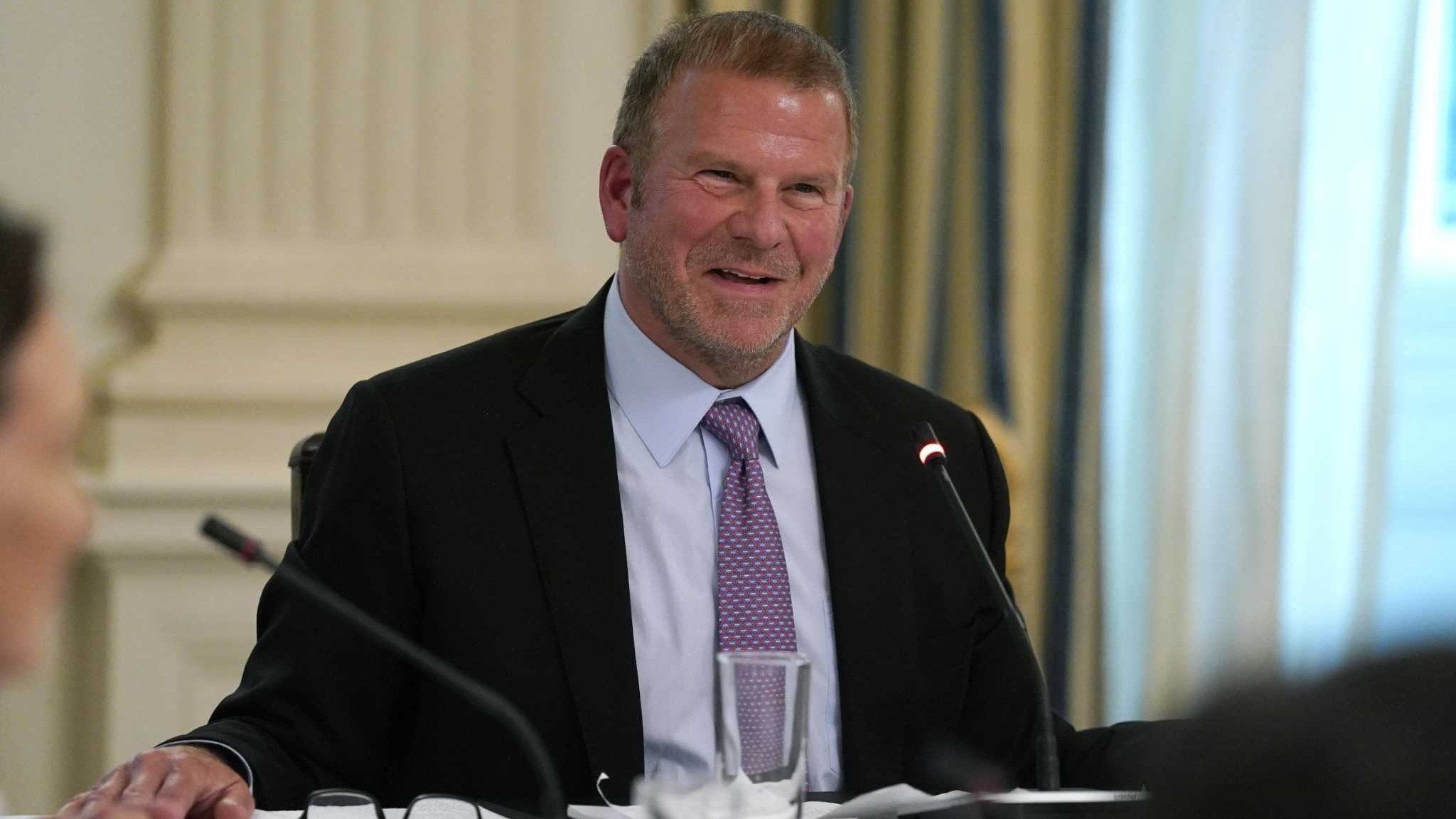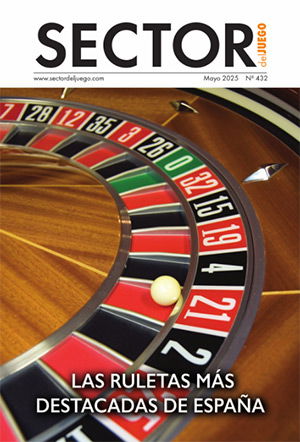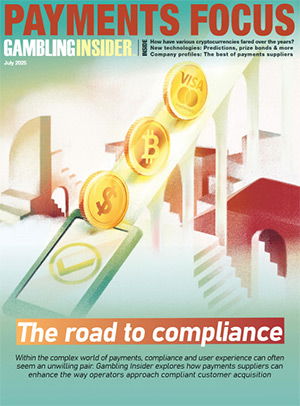UK: new tax law leads to drop in no deposit bonus offers

No deposit casino bonuses have been considered one of the most important tools to retain customers in the UK gambling market, which remains one the most competitive around the world. However, after the implementation of new tax regulations in the country, many casino operators have decided to do away with some incentives, and no deposit bonuses have been the biggest casualties. Some fear this will have a negative impact on the online casino business, which is expected to decline as a result.
The Finance Bill of 2017 requires that free plays or free bets be subjected to taxation in line with the General Betting Duty that has been in force for some time. This new law requires the operators to pay a 15% general duty on all free or discounted online bets. The bill was passed into law and became effective from August 1, 2017. Her Majesty’s Revenue and Customs (HMRC) has also amended the definition of “prizes” to deter operators from equating the value of free plays with prizes offered in a bid to reduce taxable profit.
These tax regulatory changes targeted remote casino operators that are liable for paying duty for their gaming over the Internet, telephone, television, radio and other electronic media. While confirming the changes, the HMRC chief executive John Thompson said, “This measure is intended to bring the tax treatment of free plays for remote gaming more in line with the treatment of free bets under GBD.” He added that “The costing includes a behavioral effect to account for a change in the marketing strategy of affected operators as well as the potential for firms finding ways to mitigate the impacts of the measure.”
With these regulatory changes, the exchequer has managed to close a loophole on all discounted or free plays offered by online gaming operators allowing the treasury to collect more taxes. The changes were proposed in his 2016 budget speech. In its policy estimates, the treasury affirms it is not sure about the size of the tax base and the behavioral reaction of the industry operators.
Brian Wright, a business director at the Remote Gambling Association (RGA) noted that “In the current climate, where the financial implications of point of consumption tax (POCT) are being felt by all UK operators, any additional tax burden is going to be of concern for future remote sector growth and sustainability.”
Ciaran O’Brien, the communications director at William Hill, the UK’s largest gaming operator by revenue said they would look for ways to mitigate the tax on free plays. “The industry has been hit by some £500m in additional taxation in recent years and this is a further hit we could do without,” William said. The tax regulation changes could imply a major overhaul of bonuses for online operators offering casino, bingo, poker and slots games.
While confirming the changes, HMRC issued a statement that read in part “This will ensure where a customer makes use of an offer that allows them to gamble for free, or at a reduced rate, the operator will, in certain circumstances, be required to account for duty on the amount that the consumer would have paid without the offer.” The regulatory changes in the Finance Bill came alongside other regulations such as the Excise Notice 453 on Gaming duty, which enforces compliance checks relating to filing machine games duty returns.
Many UK online casinos have been using no deposit bonuses including CasinoEuro, NYspins, Playamo, and Spin Station, to name a few. It is a great way for the casinos to give an opportunity to their customers to play without depositing their own money in the game. The bonus allows players to have extra cash without spending any amount. And, players find it less risky and a confidence booster in the games a casino operator offers. The new regulations have impelled some operators to review their no deposit casino bonuses policies with certain operators such as Fantasino, Casilando, and PaddyPower, eliminating their no deposit bonuses and resorted to other promotional methods such as offering unique games, creating an inviting environment, and use of social media.
The new tax regulations have resulted in a significant reduction in the marketing and promotional strategies of gambling operators. Some operators have or are adopting increased promotion expenditures. When this cost burden is considered together with the probable decline in customers who are risk averse, then a significant decline in the performance of casinos may be easy to predict. In addition, an expected decline in the volume of profits that online casinos rake in because of the tax factor is also just as imminent. There is a feeling that the whole scheme of things may eventually discourage the industry players from expanding leading to a stagnation or even further decline.
Despite the regulatory changes, It is important to note that casino and poker players are not subject to any taxation. The tax levy is only applicable to the operators some of who are now adopting alternative markets outside the UK where the domestic legislation still allow them to attract more potential players using no deposit bonuses without any punitive tax implications.
Before passing the Finance Bill, the UK Parliament was hesitant expressing fear that the legislation would burden the gambling operators who in the process would transfer the costs to their customers. The casino operators, too, had earlier voiced their discontent prompting the parliament to shelve the changes, albeit temporarily. The new regulations also apply to overseas gambling companies that are licensed to offer their services in the UK gambling market.

















































